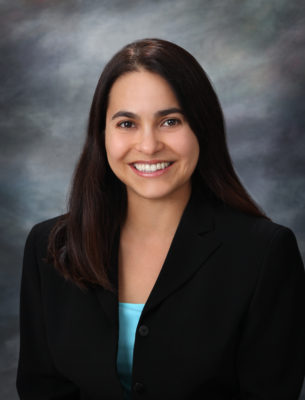Echoing longstanding recommendations from the American Academy of Pediatrics supporting childhood immunizations, a new vaccination law in California eliminates the ability to cite a ‘personal belief exemption’ from mandatory childhood vaccinations. This means that in order to be enrolled in public or private child care centers, preschools, primary or secondary schools, children must be vaccinated against the following 10 diseases: diphtheria, Haemophilus influenzae type b (bacterial meningitis), measles, mumps, pertussis (whooping cough), polio, rubella, tetanus, hepatitis B and chicken pox. We spoke to Dr. Katherine Williamson, a CHOC pediatrician, on what this new vaccination law means for children and families.

Q: What does California’s new vaccination law mean for children and families?
A: Some parents think that this means vaccines are now mandatory- but for decades, every state in the U.S. has required that children be vaccinated against certain diseases. This change means that personal belief exemptions to these long-standing mandatory vaccines can no longer be applied. It will make schools a safer place for children- those who are already healthy, and those who are immunocompromised. California is not an anomaly in creating a law such as this. Many other states have already adopted similar laws, and results in those places show that they’ve been successful in preventing outbreaks of vaccine preventable diseases.
Q: Why is it important for parents to follow the immunization schedule outlined by the AAP?
A: The current immunization schedule outlined by the AAP and Centers for Disease Control & Prevention has been researched and proven to be the most effective and safest way for children to be vaccinated against potentially fatal diseases. It’s important to know that there’s no existing alternative schedule that has been studied to show it’s as safe and effective.
I get frequent questions from expectant and new parents who are concerned about the number of vaccines given to kids at one time under this schedule. The amount of antigen in the vaccine that is put into their child’s body is 10,000 to 100,000 times less than if they just got a common cold, so there’s no chance of overwhelming their immune system.
Q: How do medical exemptions affect children through this new law?
A: Medical exemptions to vaccines are not common, but children that qualify would still be exempt, as they are immunocompromised, or in even less frequent instances, they have allergic reactions to vaccines. Children with medical exemptions will be in a much safer position because they won’t be surrounded by other kids who could pass on a fatal dose of measles, for example.
Q: How do vaccines fit into a patient’s overall lifelong medical care?
A: Vaccines and proper hand washing, more so than all other interventions, have proven to be among the most safe and effective ways to prevent disease.
Q: Is there anything else you’d like to share with parents about vaccines?
A: All diseases for which kids are vaccinated in U.S. have the potential to be fatal, and we still see instances of these diseases. While some are in higher rates than others, all have increased in frequency in areas where children are not vaccinated, and international travel makes even diseases such as polio a potential risk.





